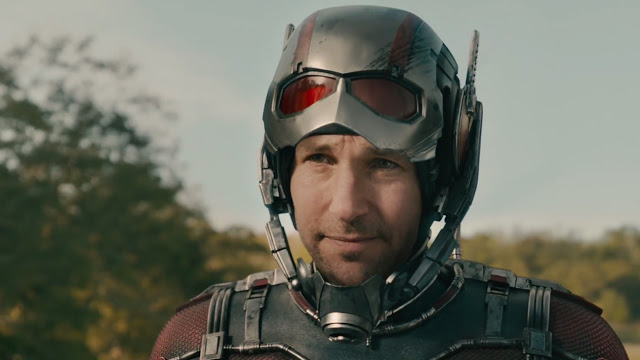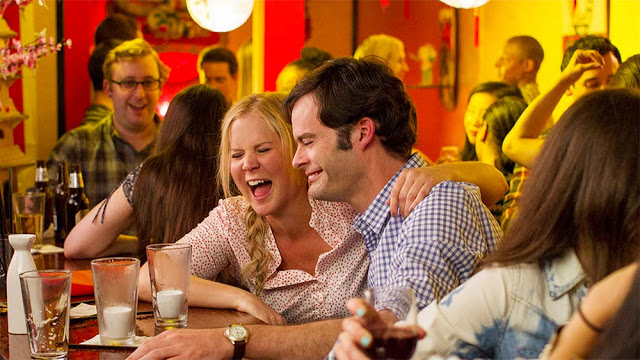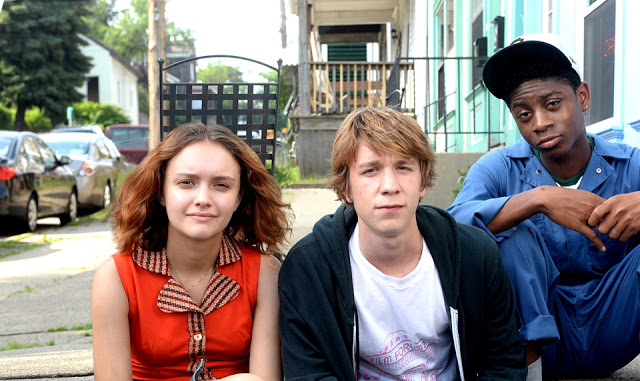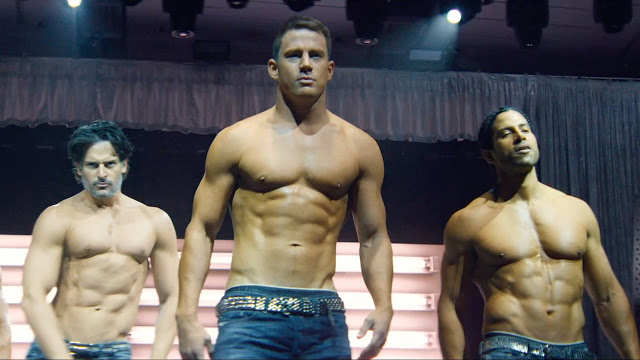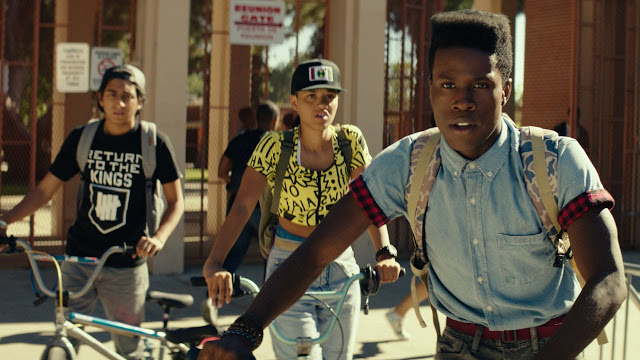Ant-Man: For This Superhero, It’s Go Small or Go Home
Given that it’s a movie about a man who turns into a bug, it’s only fitting that Ant-Man feels small. That is part criticism, part compliment. Ant-Man is not especially memorable; it does not dazzle like The Avengers, nor does it charm like Guardians of the Galaxy. But in an age where bloated superhero franchises buckle under the weight of obligation and fan service, it’s almost refreshing that Ant-Man—the concluding chapter in Phase Two of the scrupulously planned Marvel Cinematic Universe—feels so cheerfully trivial. Sure, Tony Stark’s dad shows up in the prologue, and the post-credits stinger ties it in with next year’s Captain America offering, but for the most part, this is a minor movie about a down-on-his-luck dad trying to get a job so he can pay child support and see his daughter. It is not exactly the stuff of legends, but there is valor in its modesty.
And in its lightness. Ant-Man benefits from a relaxed, nonthreatening tone that makes it feel less like a superhero adventure than a hangout flick. That begins with its casting of Paul Rudd as Scott Lang, a reformed thief trying to make it on the straight-and-narrow. Rudd has never displayed great range as an actor, but he’s developed into a quasi-superstar through sheer affability, not to mention a gift for bemused reaction shots. His presence lends the film a laidback vibe that it mostly embraces, which helps deflect the absurdity of its plot and the stupidity of its pseudo-science. Read More

